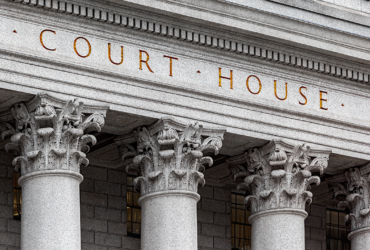White-collar crime results in economic harm and is typically committed by someone who has fraudulently obtained lawful or unlawful access to the victim’s funds
White-collar crime can include:
- fraud
- embezzlement
- insider trading
- market manipulation
- cybercrime
- money laundering
- bankruptcy fraud
- identity theft
- tax fraud
The primary federal enforcement agencies responsible for the enforcement and prosecution of federal white-collar crime include:
- Federal Bureau of Investigation (FBI)
- Internal Revenue Service (IRS)
- Securities and Exchange Commission (SEC)
- Attorney General – Corporate Fraud Section (DOJ)







